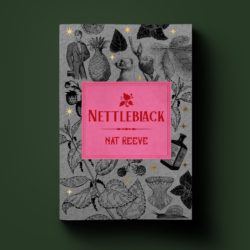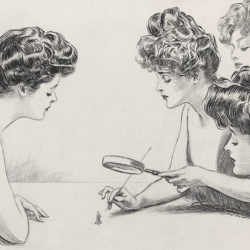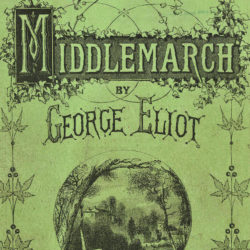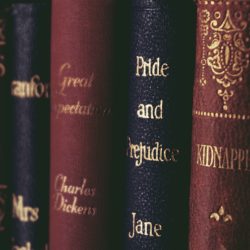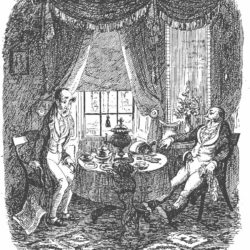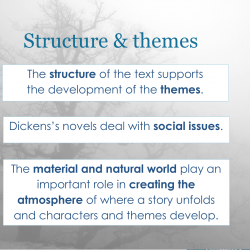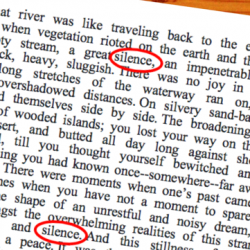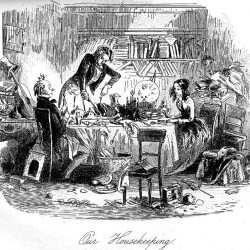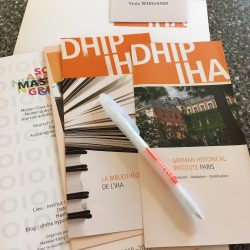Nat Reeve is a novelist and AHRC-funded PhD candidate at Royal Holloway, University of London. Their debut novel, Nettleblack, is out June 23rd 2022 with Cipher Press, with a sequel forthcoming in 2023. Nat’s PhD project is a queer reading of Elizabeth Siddal’s art and poetry, featuring unruly Books of Hours, tree-person hybrids, sapphic musicians … Continue reading “‘The Gumption I Write With’: The Chaotic Journals of (Neo)Victorian Characters”
Tag: CLiC
CLiC Call for Papers: Patterns and Particulars in Nineteenth-Century Prose
We invite 250-word proposals for articles between 800-1,500 words that focus on particular details or overarching patterns within the CLiC corpora. Submissions can be limited to just one author or text or cover a range of nineteenth-century texts. Previous guest posts have covered a wide variety of topics relating to the nineteenth century: from Emma Curry’s … Continue reading “CLiC Call for Papers: Patterns and Particulars in Nineteenth-Century Prose”
‘I know no speck so troublesome as self’: Finding Middlemarch through Corpus Linguistics
Dr Rosalind White, (@DrRosalindWhite on Twitter) research associate at the University of Birmingham’s Centre for Corpus Research and on #FindingMiddlemarch at Royal Holloway, University of London, proposes a way into George Eliot’s Middlemarch using corpus linguistics. In this blog post, I’d like to explore how corpus linguistic tools can be used to illuminate the semantic texture of George … Continue reading “‘I know no speck so troublesome as self’: Finding Middlemarch through Corpus Linguistics”
CLiC Blog News
Today we have a big announcement to make. After five years as editor of the CLiC blog, Dr Viola Wiegand is handing over the reins to Dr Rosalind White. So this blog post is to say thank you, Viola, for all your brilliant work over the years. You made a massive contribution to introducing people … Continue reading “CLiC Blog News”
Dickens makes the impossible possible: Charles Dickens, Reporter?
In this guest post, Miriam Helmers (University College London) draws on how different digital tools and sources to examine the relationship between Dickens’s journalism and his fiction. She reports very interesting insights into the writer’s use of “a fantastic kind of descriptive language”. Charles Dickens was a reporter before he was a writer of fiction. … Continue reading “Dickens makes the impossible possible: Charles Dickens, Reporter?”
The Decline and Fall of Cutlery and the Domestic Man
In this guest post, Katherine Jackson (Royal Holloway) demonstrates how searching for items of cutlery in the CLiC corpora can shed a light on the cultural context of 19th century Britain and the gender conventions of the time. If you enjoy this post, also make sure to check out her recent Technecast podcast on her … Continue reading “The Decline and Fall of Cutlery and the Domestic Man”
Finding links between the structure and themes of A Christmas Carol
A Christmas Carol is a popular text choice for students in GCSE English Literature Section B (see the AQA Lead Examiner’s Report 2017). No wonder then, that it is also one of the top texts in our CLiC 2.0 web app for which teachers request activities. In fact, two teachers have previously written guest blog … Continue reading “Finding links between the structure and themes of A Christmas Carol”
“Hello darkness my old friend…”. Enacting silence through punctuation in Heart of Darkness
As suggested by the famous song by Simon and Garfunkel, darkness and silence often go together in our imagination. Conrad’s novel Heart of Darkness seems to be no exception. The to-and-fro movement from linguistic description to literary appreciation and interpretation is what traditional stylistics and modern computer stylistics have in common, along with the assumption … Continue reading ““Hello darkness my old friend…”. Enacting silence through punctuation in Heart of Darkness”
Liminality in David Copperfield
In this guest post, Sophie Phelps explores ‘liminal’ Dickensian characters who are not quite children and not quite adults, as she shows with a case study of David Copperfield’s “child-wife” Dora. We think this topic is a fantastic fit for us: questions of characterisation in Dickens’s writing are very dear to the CLiC project. Childhood is … Continue reading “Liminality in David Copperfield”
Inspiration for corpus linguistics and stylistics: #dhmasterclass
This post reflects on the Digital Humanities Masterclass 2018 (#DHMasterclass) in which I participated at the German Historical Institute in Paris. [There’s an institute like this in London as well, by the way!] The masterclass was meant to bring together researchers working with digital tools and historical materials (particularly with autobiographical sources) from France and Germany … Continue reading “Inspiration for corpus linguistics and stylistics: #dhmasterclass”

